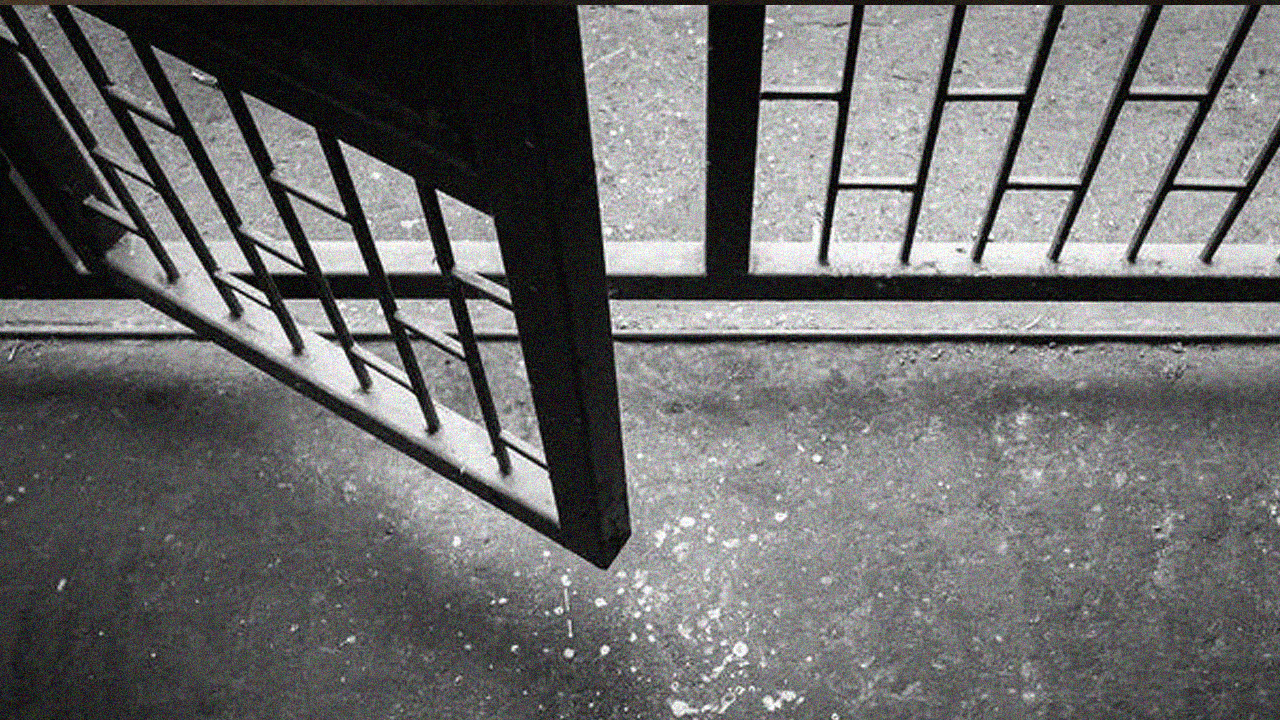
What Change May Come
I don’t envy people my age who find themselves dating again…or still.
Dating is hard enough at any age–like being on permanent audition. But older we get, seems our attitudes and eccentricities, like our skin, become increasingly non-elastic, already stretched over a particular shape and volume. And when the shape our lives have taken sets like a handprint in concrete, chances of finding another life shaped closely enough to fit through the door keep dropping.
But then, looked at another way, with less ability or willingness to change, it may be an advantage to know that what you see in your date, for better or worse, is what you’re going to consistently get; you can make your decision based on what really is rather than hope to be. Or not to be.
As a pastor, if I didn’t believe people could change, I couldn’t do my job. But getting older, I’m realizing that I may be using the wrong word. Anyone who’s raised children knows that there are personalities set early on in each little body that you as parent had absolutely nothing to do with implanting. It’s as if we’re hardwired by age six or seven with those personality pairs: introvert/extrovert, sensing/intuition, thinking/feeling, judging/perceiving and basic attitudes like optimism and pessimism, ambition, perseverance, passion…where does all that come from? And once established, does it ever really change?
In the New Testament, Peter and Paul are practically psychological case studies. Their personalities were so strong that they are still vibrantly preserved after two thousand years of copying and translating ancient texts. Peter is impetuous and headstrong–always the first to speak and act: jumping out of his boat to walk on water and again to quickly reach Jesus cooking breakfast on the beach, blurting out answers to Jesus’ questions that as often earned rebuke as praise, refusing to have his feet washed, cutting off the ear of the high priest’s servant… And that’s just the canonical gospels. In non-canonical literature like the Gospel of Mary, Peter picks a fight with Mary Magdelene earning a rebuke from Matthew, and as tradition tells it, insisted on being crucified upside down to avoid any perceived parity with Jesus. He was the same before and after Jesus called him; before and after finding the power of his faith.
Paul is passionately loyal to the institution of his religion as a Jew: systematically persecuting, even killing the Jews he believes are heretically following Jesus. After his conversion, he is just as passionately loyal to the institution of his calling as a follower of Jesus: planting churches, fearlessly speaking truth to power, and facing a never ending string of physical and emotional firestorms. He was the same before and after his Damascus experience; before and after finding the face of his faith.
It seems that who each man was at age seven was who he was as he took his last breath. Popeye would say, I yam what I yam, yet at the same time, both men would have been barely recognizable to the casual observer before and after something profound happened in their lives. Maybe people can change; maybe they can’t. But we can all be transformed.
Peter’s impetuousness and Paul’s passion never changed, but those traits were absolutely transformed, channeled in completely different directions once they began to understand who they really were. Their brush with Jesus, their willingness to engage with his consummate integrity and oneness of purpose, created both physical and spiritual heat that began burning off layers of falseness and fears accrued over a lifetime–until who they were as children-before-the-accrual was mostly what remained. Free from enough of their fearful obsessions and compulsions, impetuousness was transformed from irresponsible to inspiring and passion from persecution to perseverance.
Do people really change? Your date may be wondering, watching you from across the dinner table. If you’re not quite the perfect date, will you, can you change into the perfect mate? If you’re already the perfect date, will you change into something else over time?
It’s the wrong question.
Are you transformed? Are you someone who has faced the furnace of the big questions life is always asking to become acutely aware of your surroundings and who shares them with you and your connection to both? Has the heat and abrasion of your passage along the way—the excruciating losses and exuberant gains—removed enough of your fears to let the seven year old come back out to play?
At the moment of transformation, our greatest liabilities become our greatest strengths, and our greatest ability to hurt another becomes our greatest ability to heal.
At the moment of transformation, the question of change is moot.
Sorry, the comment form is closed at this time.






Debi
Wow! So so true. I’m going to read this over & over again.
Thks Dave, encouraging & inspiring message to start my day.
With a grateful heart, Debi
Dave Brisbin
Thanks for reading, Debi. See you soon…